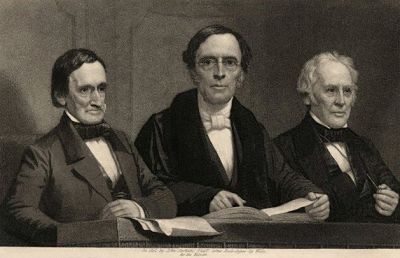In my History of Higher Education course this week, we were discussing the Yale Report and the reforms of the early 1800s. It struck me that so much of the debates during this period of American higher education mirror those we have today. In today’s post, I want to share a section from my monograph, Understanding Institutional Diversity in American Higher Education, that deals with this period. One of the values of studying the history of higher education is how often debates are recycled. I hope this gives you a new appreciation for some of the challenges that all of us in higher education are trying to figure out right now.

The early colonial curriculum largely focused on the ancient Latin and Greek languages. As the Revolutionary War approached, the curriculum remained focused on ancient languages, yet introduced Enlightenment thinkers such as John Locke. Religion remained an overriding influence even as institutions struggled to incorporate Enlightenment philosophies. This tension remained through the early years of the new country, with Enlightenment ideals playing an increasingly greater role. Due to a lack of established faculty to teach the subjects, student unrest, and broader societal concerns, institutions slowly sought to reestablish the classical curriculum, moving away from the trend to increase professional education that started to occur in the early 1800s.

